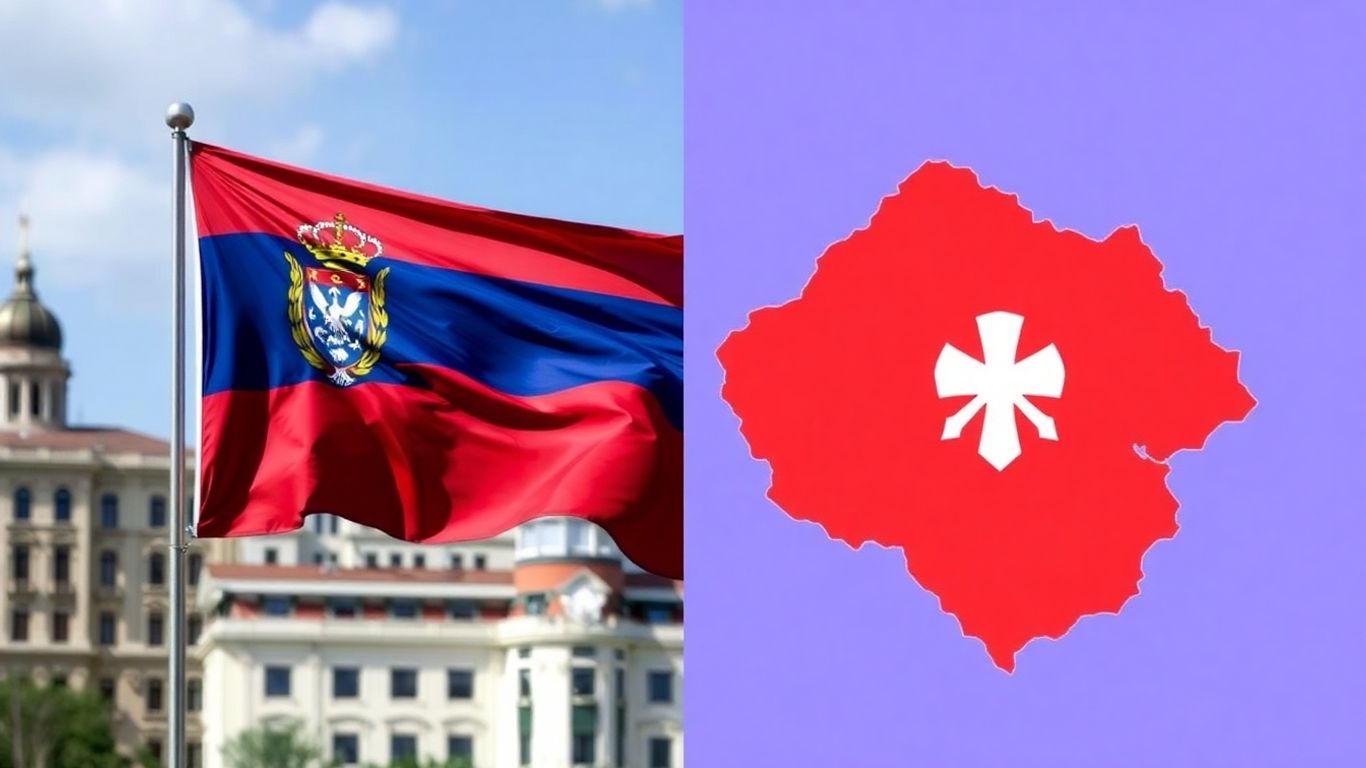Recent developments highlight the intricate geopolitical challenges surrounding Kosovo and Serbia. While Kosovo seeks broader international recognition, Serbia grapples with internal matters, including calls for the early release of a war crimes convict. Meanwhile, diplomatic stances from countries like Morocco underscore the deep-seated principles influencing international relations in the region.
Key Takeaways
- Morocco maintains its non-recognition of Kosovo, adhering to an anti-separatism doctrine rooted in its own territorial integrity concerns, particularly regarding Western Sahara.
- Serbian President Aleksandar Vučić is advocating for the early release of Nebojša Pavković, a former general convicted of war crimes during the Kosovo conflict, citing health reasons.
- The closure of Serbia-run institutions in northern Kosovo has raised concerns from the UN Mission in Kosovo (UNMIK), which urges a constructive resolution through the EU-facilitated Dialogue.
Morocco’s Principled Stance on Kosovo
Kosovo’s efforts to gain recognition from Morocco have been met with a firm adherence to Rabat’s anti-separatism doctrine. A Kosovar politician’s call for intensified diplomatic efforts overlooked Morocco’s consistent policy, which views any case of unilateral secession through the lens of its own sovereignty claims over Western Sahara. Recognizing Kosovo, a state born from secession, would create a precedent that could undermine Morocco’s position on its own territorial integrity. This strategic consistency aligns Morocco with countries that have similar territorial sensitivities, including some EU members and global powers like China and Russia. This reciprocal diplomatic approach also strengthens Serbia’s position on the Sahara issue, as Serbia openly supports Morocco’s autonomy plan.
Serbia’s Push for Pavković’s Release
Serbian President Aleksandar Vučić has publicly supported the plea for the early release of Nebojša Pavković, a former Yugoslav army general sentenced for war crimes committed during the 1998-1999 Kosovo war. Pavković, who is serving a 22-year sentence in Finland, is reportedly seeking release due to serious health conditions. The Serbian government has submitted a request on these grounds, though the international tribunal has yet to confirm a decision, having previously rejected similar requests due to the gravity of his crimes.
UN Concerns Over Northern Kosovo Institutions
The United Nations Mission in Kosovo (UNMIK) has expressed concern over the closure of institutions in northern Kosovo that were run by Serbia. These closures, which reportedly occurred without prior consultation or notice to affected communities, are seen as negatively impacting the daily lives and socioeconomic rights of residents, hindering integration, and restricting access to essential services. UNMIK is calling for all outstanding issues to be addressed constructively through the EU-facilitated Dialogue process.
Sources
- Kosovo Lobbying Falls Short as Morocco Upholds Anti-Separatism Doctrine, Morocco World News.
- Vucic seeks early release of Serbian general convicted of Kosovo war crimes, bgnes.com.
- Statement on closure of Serbia-run institutions in northern Kosovo, United Nations Peacekeeping.






